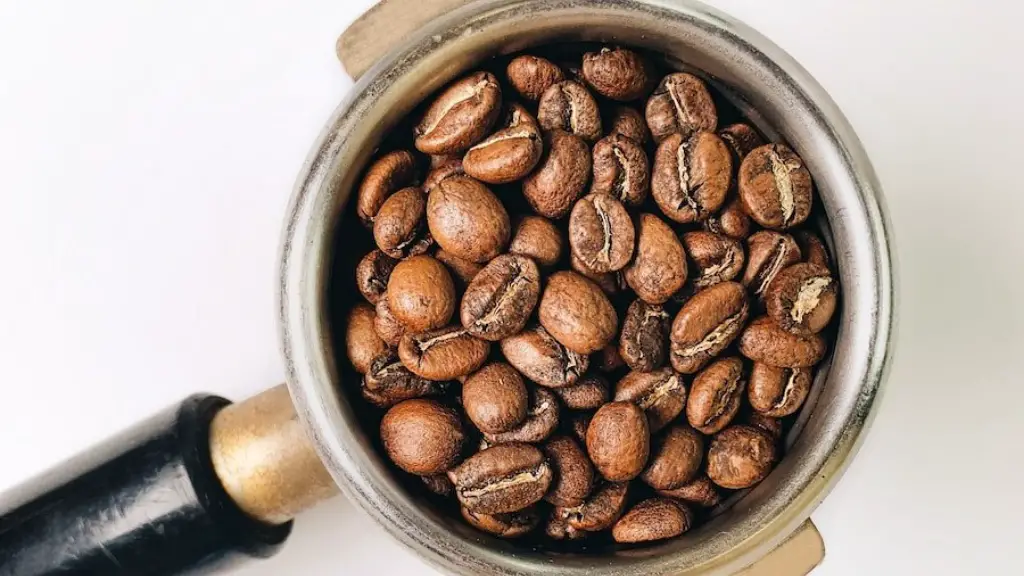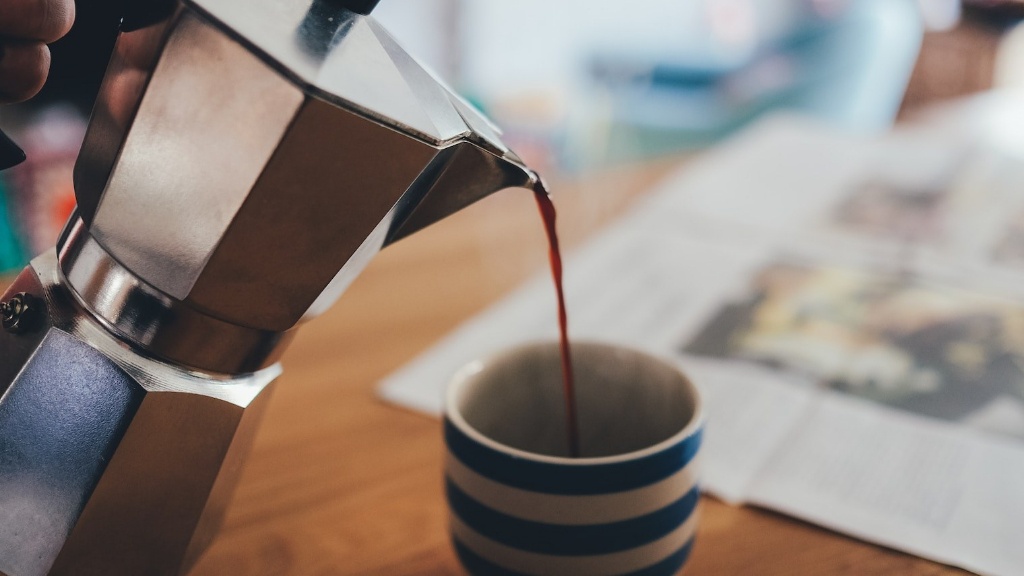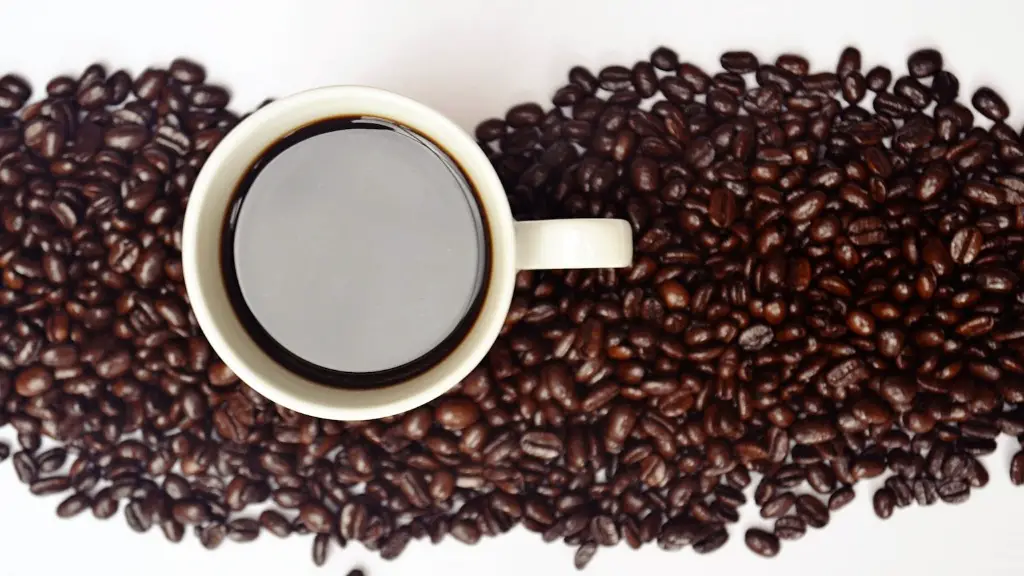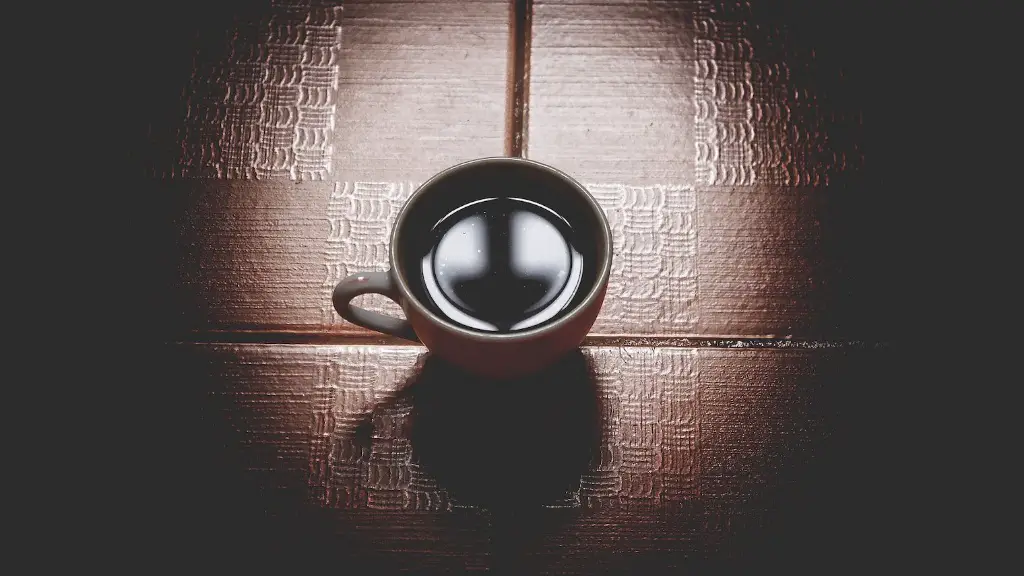Drinking coffee before getting a good night’s sleep may not be a good idea. Many people enjoy their morning cup of coffee to get their day started, but what happens if you decide to have a cup late in the day? Does drinking coffee late in the day interfere with your sleep patterns and make it difficult to get a good night’s sleep?
Caffeine is a stimulant which most people are aware of, it increases alertness and energy levels which help when you need to stay awake and carry out activities. During the day it helps to keep us functioning at optimal levels when our bodies feel tired or need a boost.
Caffeine is often viewed as something that should not be had in the evening or at night, as that is the time that most people need to relax, unwind and prepare for sleep. Despite this knowledge, many people still find themselves turning to caffeine in order to stay alert during an unexpected evening of work, studying or late night tasks.
Drinking coffee after 3 or 4 pm can interrupt your normal sleeping pattern and make it harder for you to get a full night’s rest. As caffeine has a half life of around six hours, its effects can make it difficult to get to sleep and disrupt sleep patterns. This can be problematic, as sufficient and regular sleep is essential for our wellbeing and helps to improve concentration and productivity during the day.
Research conducted by the National Sleep Foundation has identified that people who drink coffee, even 6 hours before going to bed, can experience a decrease in the quality of their restful sleep time and this reduces their overall time spent in REM (Rapid Eye Movement) sleep.
At the same time, heavy caffeine users will often experience more difficulty in falling asleep and in experiencing deep sleep when compared with people that do not drink coffee within 6 hours of bedtime.
Experts warn that constant sleep deprivation and the increased use of caffeine can cause mental health issues such as anxiety or depression. In terms of physical health, being sleep deprived increases the risk of developing hypertension, diabetes, and can even cause heart disease.
How to Reduce Caffeine Consumption
The first step is to become aware of when and how you consume caffeine and how it affects your sleep patterns. If you notice that consuming coffee, tea or energy drinks affects your sleep and tiredness during the day, you should reevaluate your habits and try to adjust your caffeine intake.
If you do not want to quit caffeine, you can still slowly reduce the amount of caffeine content in coffees and swap high strength drinks for lower caffeine alternatives, for example many coffee shops now offer decaf or half-caf drinks. Moreover, you can also try to drink caffeine earlier in the day and abstain from it after 3 pm. This will help your body to be ready for a good night’s sleep.
Finally, you can try to create healthier sleep habits that help you to get enough sleep. Establishing and monitoring a regular sleep-wake schedule as well as avoiding use of devices, such as computers and phones, in the evening can also help to create an optimal sleeping environment.
Can’t Endure the Caffeine?
If you have tried reducing your caffeine intake and it hasn’t helped, you could consider trying a natural supplement to help with the fatigue and restore your energy levels, allowing you to cut back on the coffee. Natural supplements such as herbal teas and calming essential oils could be beneficial in helping you to relax after a long day.
You could also try exercising or going for a walk to help relax you before sleeping. Exercise can help to reduce stress and boost the formation of endorphins which are known to improve mental wellbeing. This in turn can improve your sleep quality and make it easier for you to resist reaching for a serving of caffeine.
Replacing Coffee with Non-Caffeinated Beverages
In terms of beverages, opting for a non-caffeinated alternative such as hot chocolate or hot herbal tea can be a more relaxing option than coffee. Not only will they help you to unwind but they will also help to put your mind and body in the right state of energy to head to bed. Furthermore, they will be a healthier option as the lack of stimulants will help the body to stay hydrated.
There are also various non-caffeinated energy drinks available if you miss the feeling of having a hit of energy in the evening, as these drinks contain B-Vitamins which help to boost your energy levels without the stimulant effects of caffeine.
Finally, taking a magnesium supplement or having a warm bath before bed can help to relax the body and reduce stress. This can be beneficial because magnesium encourages the natural production of melatonin, the hormone that helps us to naturally drift off to sleep.
Managing Fatigue with Healthy Habits
If you want to reduce your reliance on caffeine and maintain your energy levels during the day, adopting healthy habits can help. Such habits include eating a balanced diet, drinking sufficient amounts of water and getting regular exercise. This combination of habits will not only help you to feel more energised and alert during the day but it will also help to encourage a more healthy sleep pattern.
Furthermore, if you constantly feel exhausted and unable to concentrate throughout the day, you should consult your physician and ask for the necessary tests to assess whether you have any underlying health conditions. Feeling chronically tired and lacking in energy are signs that your body may not be functioning as well as it should be and getting checked out by a medical professional could be beneficial.
How to Deal with Stress
Many of us are pressured to multitask and work longer hours in order to reach our goals, and this can be very stressful. Despite this being the modern way of life, too much stress is harmful for our mental and physical health. As such, it is important to take the necessary steps to manage and reduce stress. This can be done in many ways, some examples include picking up a new hobby or interest, practising yoga or meditation or talking to a friend or a professional. This will help to get rid of stress and also help to create more space in the mind and body which will ultimately have a positive effect on sleep quality.
Additionally, attempting to establish a settling routine before bed is particularly beneficial in helping to relax the mind and prepare it for sleep. Examples of a pre-sleep routine could include taking a warm shower, journaling, listening to soothing music, reading or even having a cup of herbal tea.
Managing Caffeine Afternoon Energy Slumps
Many of us turn to caffeine when feeling an afternoon energy slump. This is why it is important to create new, health habits in order to keep the energy levels up. Eating regular meals containing low GI, wholegrain carbs such as oats, brown rice or quinoa will increase the body’s energy levels and maintain your level of alertness during the day.
Furthermore, cutting down on processed and sugary snacks will help to reduce afternoon energy dips as they release their energy much more quickly and can also cause energy spikes and crashes.
In addition, drinking lots of water throughout the day helps to keep the body hydrated and energised as it transports essential nutrients and oxygen around the body. Staying hydrated can help to improve your overall energy levels and reduce fatigue.
Getting Adequate Sleep
Finally, getting adequate sleep is essential for your overall wellbeing. The amount of sleep needed varies from person to person, but on average adults should aim for 8 hours of uninterrupted sleep each night.
Your bedroom environment should also be conducive to a good night’s sleep, soun black-out curtains, eliminating any light and noise sources. Ensuring that your bed and pillow are comfortable can also play a role in ensures deep and restful sleep.
Sticking to a regular sleep and wake up time can be extremely beneficial to the body’s internal clock and help to establish a strong and consistent sleep pattern, this in turn will help with mental and physical wellbeing.




